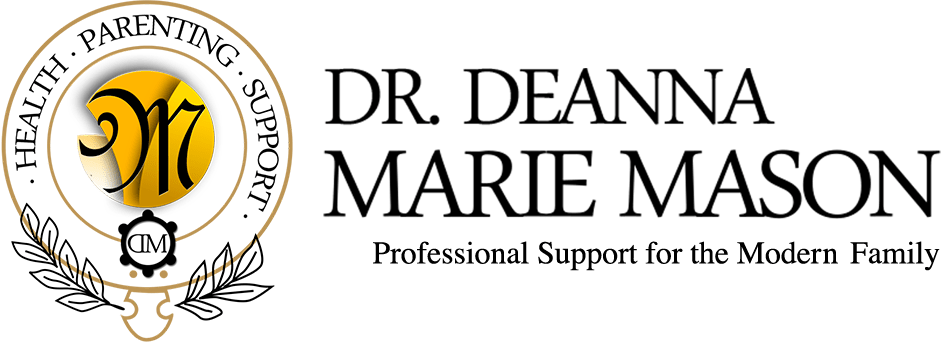Are there certain foods that are best not to eat when breastfeeding to avoid colic? Colic in breastfed babies is a common problem, but not all the causes are yet known. Some mothers have noticed that certain foods, such as dairy and spicy foods, may contribute to colic. However, every baby is different, so there is no universal list of foods to avoid. It is advisable to observe your baby’s reaction patterns and consult our online breastfeeding course. Maintaining a balanced and varied diet is essential for good nutrition for both mother and baby.
What is colic in babies?
Colic in babies is an episode of inconsolable crying and agitation, which usually occurs in the first few months of life, although it is also possible that the baby is going through the 3-month breastfeeding crisis. Although the exact cause of colic is not yet fully understood, it is thought to be related to the baby’s immature digestive system and adjustment to the new feeding. These episodes of intense crying usually occur in the late afternoon or evening, and can last for several hours. If this is the case for your baby, you can check out some of my top night-time breastfeeding tips.
Colic can impact on the quality of life of babies and their families, causing stress and worry. It is therefore important to understand what factors can influence their occurrence and how to address them in order to provide the baby with as calm and comfortable an environment as possible.
Relationship between breastfeeding and colic in babies
Breastfeeding is a fundamental issue in the health and care of babies. During this process, the mother provides her child with all the nutrients necessary for proper growth and development, whether through exclusive breastfeeding, delayed breastfeeding or mixed breastfeeding. However, there is controversy as to whether breastfeeding may have a relationship with the development of colic in infants. In the following, we will explore this possible relationship.
It has been observed that some babies who are breastfed may experience colic more frequently compared to those who are formula-fed. However, it is important to note that this does not mean that breastfeeding itself is the direct cause of colic. Colic is a common phenomenon in babies and its origin is not yet fully understood.
Some theories suggest that colic may be related to the immaturity of the baby’s gastrointestinal system, gas build-up in the gut or excessive crying. These factors may contribute to the discomfort and distress babies experience during colic episodes.
In relation to breastfeeding, it has been hypothesised that certain components of breast milk, such as antibodies or changes in the composition of the milk throughout the day, may influence the occurrence of colic. However, so far, there is no strong scientific evidence to support this theory.
It is important to keep in mind that each baby is unique and reacts differently to breastfeeding and the foods consumed by the mother. Some babies may be affected by certain foods that the mother eats, which can worsen colic symptoms. Some of these foods may include dairy, spicy foods or high-fat foods.
It is advisable for mothers to observe their own baby’s reaction patterns and, if they notice that certain foods seem to be associated with colic, they can consider eliminating them from their diet. However, it is important to consult with a health professional before making any dietary changes during breastfeeding.
Foods that may contribute to colic in breastfeeding infants
During breastfeeding, some foods consumed by the mother may have an impact on the onset of colic in the baby. Although every baby reacts differently, there are certain foods that have been most frequently associated with colic in breastfed babies.
- Dairy: Some studies suggest that dairy products, such as cow’s milk and dairy products, may be linked to colic in babies. This may be due to the proteins in dairy, which can be difficult for some babies to digest.
- Caffeine: Excessive caffeine consumption by the mother, whether in the form of coffee, tea or energy drinks, may have a stimulating effect on the baby’s gastrointestinal system, which may lead to discomfort and colic.
- Spicy and acidic foods: Some babies may be sensitive to spicy and acidic foods consumed by the mother, such as chilli, tomato, lemon or orange. These foods may irritate the baby’s digestive system and trigger colic.
- Carbonated foods: Some foods such as beans, legumes or carbonated beverages can lead to gas production in the digestive system, which may cause discomfort and colic in the baby.
Recommendations for maintaining a balanced and varied diet during breastfeeding
During breastfeeding, it is crucial that mothers eat properly to ensure good nutrition for both themselves and their babies. Here are some recommendations for maintaining a balanced and varied diet:
- Eat a wide variety of foods: It is important to include foods from different food groups, such as fruits, vegetables, whole grains, lean proteins and low-fat dairy. A balanced diet will provide the nutrients needed for your baby’s growth and development.
- Increase protein intake: During breastfeeding, protein needs increase. It is recommended to include protein sources such as lean meats, fish, legumes, eggs and low-fat dairy in daily meals.
- Avoid fatty, processed and sugary foods: These foods lack essential nutrients and may contribute to unwanted weight gain. Instead, healthier and fresher options should be preferred.
- Choosing quality, seasonal foods: Opting for fresh, seasonal foods ensures that nutrients are available in their optimal state. In addition, it is recommended to choose quality foods, preferably of organic origin, to minimise exposure to potentially harmful chemicals.
- Be aware of the amount of caffeine: Excessive caffeine intake can affect your baby’s sleep and discomfort during colic. Therefore, it is advisable to limit your intake of coffee, tea and other caffeinated beverages.
- Drink enough water: Maintaining adequate hydration is essential during breastfeeding. It is recommended to drink at least 8 glasses of water a day to ensure a good water balance.
Keeping these recommendations in mind will help mothers to maintain a balanced and varied diet during breastfeeding, providing the nutrients necessary for both their own well-being and the optimal growth and development of the baby.
About the instructor
Proactive Parenting
Deanna Marie Mason PhD
More than 20 years of clinical experience helping families:
Bachelor's Degree in Registered Nursing, Master’s Degree in Pediatric Nurse Practitioner and PhD in Nursing. University professor, patient education specialist, pediatric researcher, published author and reviewer to first-line international scientific journals, continuous philanthropic activity related to health promotion and education, wife and mother of two children.






